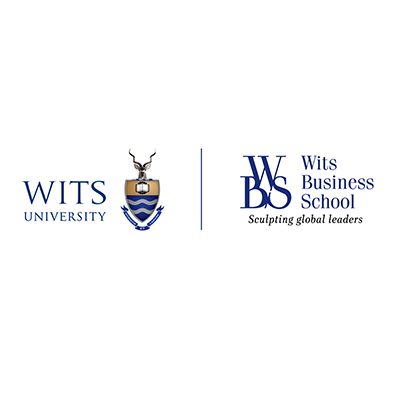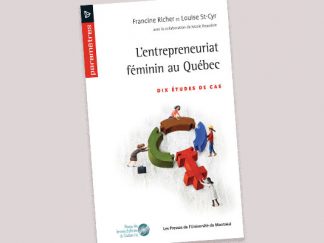Description
Poultry Tariffs: Levelling the Playing Field or Rewarding Inefficiency?: Abstract
Poultry Tariffs: Levelling the Playing Field or Rewarding Inefficiency? is a case study by Peter Draper and Jacklynne Hobbs.
In July 2013, Siyabulela Tsengiwe – chief commissioner of the International Trade Administration Commission of South Africa (ITAC) – and ITAC commissioners met to make a final determination on a highly contentious customs tariff application. The South African Poultry Association (SAPA) had asked for increased duties across a range of chicken products, claiming that cheap imports were threatening the survival of local and regional producers. The application was opposed by the Association of Meat Importers and Exporters (AMIE), on the grounds that it was intended to protect a sector with questionable ethics and an outdated business model. Tsengiwe and the commissioners had to decide which argument carried more weight in light of the government’s wish to support agriculture in a frequently inequitable global trading environment, while ensuring that this support did not come at the expense of the poor.
Epilogue
The International Trade Administration Commission of South Africa (ITAC) submitted its recommendation on the South African Poultry Association’s (SAPA) appeal for increased tariffs on 5 August 2013, and on 30 September 2013 the Department of Trade and Industry (DTI) announced that SAPA had got its wish for two of the five broiler products under consideration. Compromise tariffs were introduced for the remaining three products (see table below).The DTI said that it had sought to take into account the market share of imports of the various broiler products, and the extent to which domestic producers were disadvantaged by the prices of imports – all while trying to prevent poor consumers from being unduly affected by tariff-related price increases. The department indicated that new tariffs were intended to allow for a “fair and reasonable profit” to domestic producers that would prompt further investment in the industry. This epilogue should be used in conjunction with the case with the same name. It details the decision that ITAC took and the consequences of this decision.
Multi-part case
- Part A
- Part B: Epilogue (only available with a Teaching license purchase)
Teaching objectives
The case aims to enable students to: think critically about the role of governments in promoting international trade in order to understand governments’ policy decisions; understand the dynamics of the relationships that exist between governments, the private sector and the society, as well as the dynamics of trade relations between different countries; and examine governments’ obligation to promote local industries while balancing trade relationships with foreign countries.







Avis
Il n’y a pas encore d’avis.